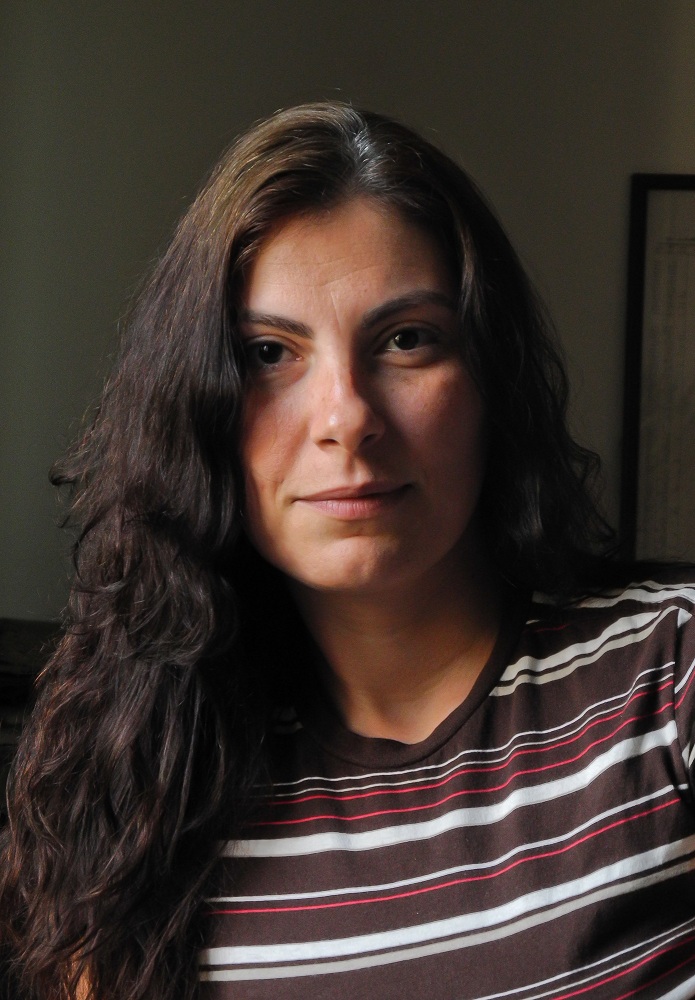By Oxford Business Group
There are signs that Dubai is hitting the road to recovery, with investors once again eyeing the benefits of the emirate’s foreign direct investment (FDI) credentials and the International Monetary Fund (IMF) predicting a modest growth rate of 0.5 percent this year.
A robust recovery by Asia has impacted positively on Dubai’s trade and logistics segments, while tourism is also doing well, Masood Ahmed, director of IMF’s Middle East and Central Asia Department, told local media last month. Last year the emirate saw a contraction of 0.9 percent.
A report released by Dubai Economic Department’s Foreign Investment Office (FIO) in November, “Dubai – The FDI destination of choice”, also found that more than 80 percent of foreign investors want to maintain or increase financial commitments in the emirate. However, some sectors are generating more enthusiasm among investors than others, said the FIO.
Utilities and telecoms were among the most favored, while there was less interest in the immediate prospects for manufacturing industries.
Fahad Al-Gergawi, the organisation’s CEO, said the survey highlighted the solid foundation of FDI attractiveness in Dubai built by those already operating in the marketplace. “The general rule that the current investor is essential to future investment flows appears to hold true in Dubai. This is especially important in times of global turbulence when many investors seek new opportunities,” he said when releasing the report’s findings.
Senior executives are also bullish about prospects for the UAE as a whole, according to a poll conducted this month by the daily Emirates 24/7. Some 65 percent of those surveyed say that confidence levels in the country are up by a third or more since last year, with just under 85 percent of respondents saying business confidence is higher this year than in 2009.
Confidence in Dubai has been boosted by measures taken by the government and some of its agencies to restructure debts, according to Garbis Iradian, the deputy director of the Africa/Middle East department of the Washington-based Institute of International Finance (IIF).
“There has been a big change in the international perception of Dubai’s debt obligations over the past nine months. The international financial services industry now knows these are within manageable limits and refinancing windows are clearly opening, thanks to the proactive steps of the government,” Iradian said in an interview with local media on November 6.
According to an IIF report issued in early November, Dubai’s economy will post modest growth this year, in the 1 to 1.5 percent range. GDP is likely to expand at a faster rate next year with a rebounding property sector one of the catalysts.
The IMF predicted in October that the UAE’s economy will grow by 2.4 percent in 2010, with Abu Dhabi to grow by 3.6 percent.
The Dubai Statistics Centre (DSC) is more confident in its growth projections, in part based on foreign investment. It expects GDP to expand by more than double the IIF’s estimate this year.
Arif Obaid Al-Muhairi, the DSC’s executive director, said on October 26 that the economy was again growing, a result of the Emirate’s sound infrastructure and legal framework, which in turn supported foreign investment and the business environment.
“This helped strengthen the Emirate’s economy in the face of the global financial crisis to produce positive growth during the first half of the year. It is expected to be 2.3 percent by the end of the year,” he said.
Whilst the pace of Dubai’s economic expansion will in large part depend on external factors, and the good health of major global economies, it seems that sentiment from both international investors and those within the emirate is in positive territory.


